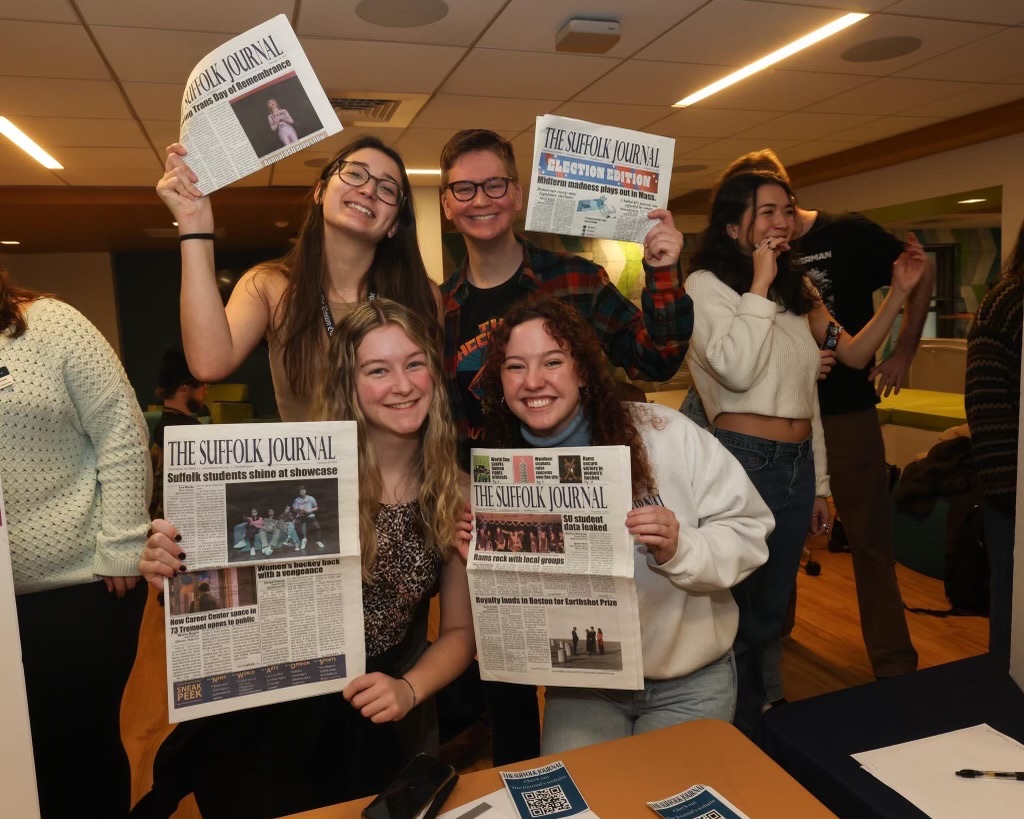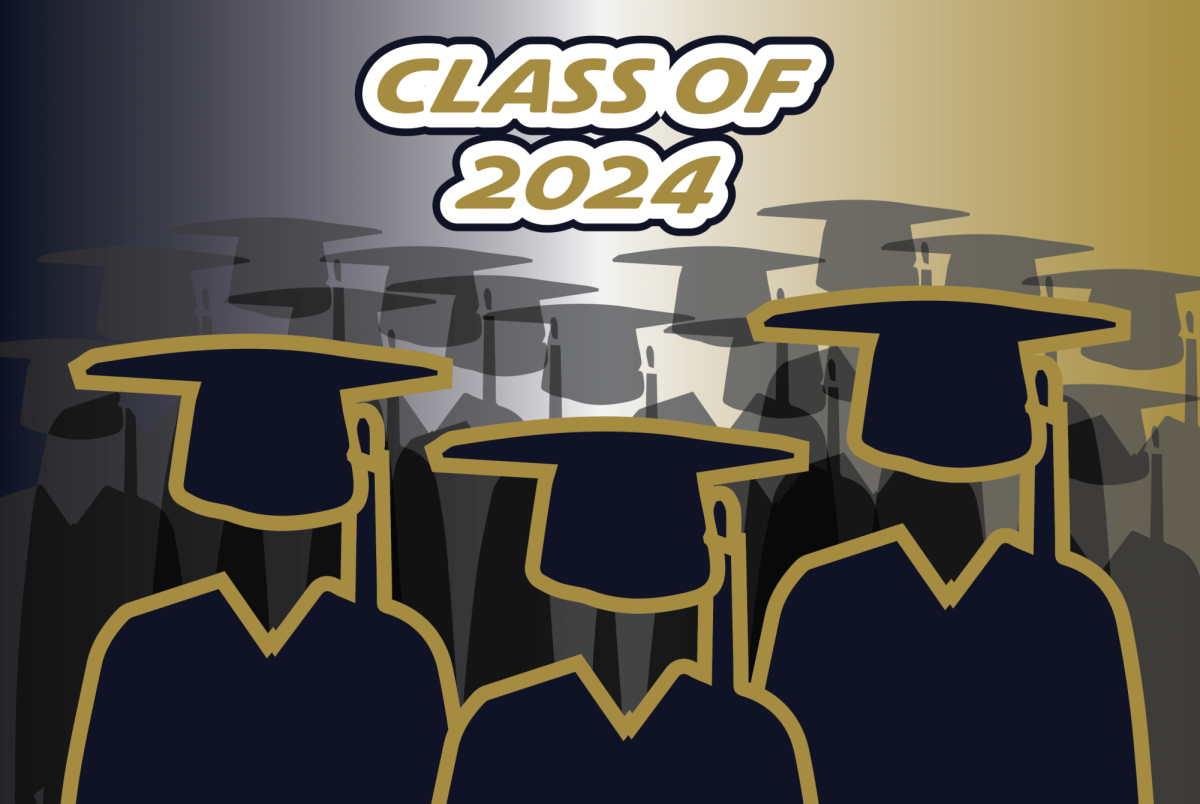U.S. News and World Report released its annual list of college rankings last week, and the results were predictable as always. Harvard and Princeton have frequently dominated the top positions, including a tie for the first place ranking last year. Princeton beat out Harvard for the top spot in this year’s rankings, followed by Yale, Columbia and Stanford. Many are beginning to study the effects of these rankings on current and incoming students and question the methodology involved with such a stagnant report.
The methodology used for choosing the best schools includes looking at high school class standing and the academic caliber of incoming freshmen. Another important factor that U.S. News should, but doesn’t, consider is schools’ success in graduating students into solid employment. A lot can happen in four years; judging a school based on its newest students says little about the total college experience at these top schools. Getting good grades is great, but college is supposed to prepare students for the real world. How far can a GPA and SAT score at 18 years old take someone in the working world?
The report comes out at a time when many high school freshmen are choosing which schools to send their college applications to. The rankings are also based largely on school reputation and aesthetics. In this way, the report is rewarding the Ivy League schools that can afford to spend a lot on their appearance. The more a school spends, the more they charge their students. The financial resources available to students also factor into the rankings, which is contradictory in that the study doesn’t penalize schools with outrageous tuitions. If they did, the Ivy League colleges would surely be nowhere near the top.
The study also examines graduate and freshman retention rates, faculty resources, student selectivity, grad rate performance and alumni donations. In other words, the U.S. News and World Report releases an annual ranking of the best colleges as they appear on paper. It treats going to college like the business that it is, rather than the experience. The majority of a student’s most unforgettable experiences occur during their time and involvement with student activities, clubs and sports, none of which seem to be taken into account for these college rankings.
For schools like Suffolk University, which has no campus landscape to maintain, competition on the basis of campus aesthetics is impossible with large universities and colleges like Princeton and Harvard, who have a distinct and well-maintained campus identity. Smaller schools have better resources for closer professor/student relationships, but maybe not the resources needed to elevate their national reputation. These close relationships and one-on-one interactions develop greater opportunities for growth and networking. A student may enter a smaller and lesser known college far under the academic standards of the U.S. News report and leave more well-rounded and prepared than the students their age who entered Ivy League schools that attracted them through those rankings.
Perhaps the biggest failure of the rankings is its examination of high test scores, class rankings and GPA. These are numbers that define students and says nothing about the extracurricular activities incoming students have engaged in. Some high school graduates may already have established themselves as philanthropic, hard-working or passionate about a certain subject. U.S. News only seems to care about where they fall into line, not what makes them stand out. The same goes for the colleges that they review. The study fails to look under the skin of popular colleges and remains mesmerized by beautiful campuses and good reputations.
As more people begin to recognize the flaws and harms in such a report, perhaps the methodology will change to examine more subjective information about schools. Until then, Harvard and Princeton will likely continue to reign supreme and the U.S. News and World Report will have little surprise in store every fall.







